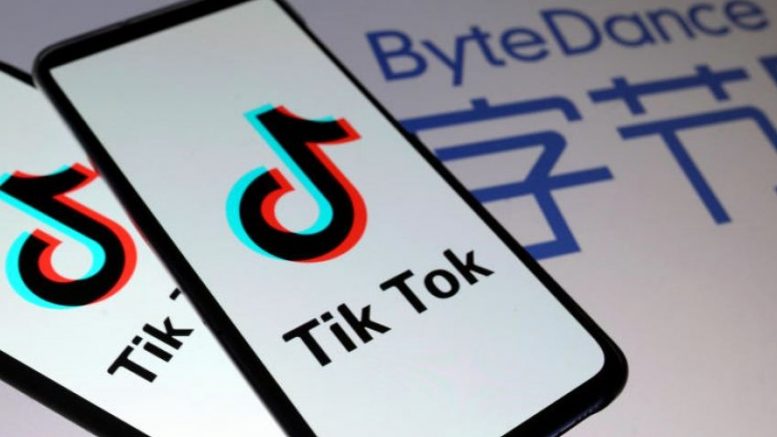TikTok owner ByteDance is preparing to foray into the most lucrative market of the mobile arena – games. This is an arena dominated for over a decade by Tencent Holdings Ltd. The world’s most valuable startup has reportedly built a full-fledged gaming division comprising of around 1,000 people. It has poached some of the top talents from rival companies. Among those who have been hired is the core developer team of Pangu Game Global Limited. One of the creative teams of ByteDance is being led by Wang Kuiwu. Kuiwu joined the Beijing-based company by leaving esports tournament organizer and game developer Perfect World. It has even bought up exclusive title distribution and gaming studios to spearhead its maiden foray into non-casual or hardcore games.
People privy with the development claimed that the company can launch its first two games as early as this spring. It will be targeting both overseas as well as local players. This venture of ByteDance will reportedly operate independently from its ongoing efforts at developing casual mobile games. ByteDance, which has a massive reach of over 400 million daily active users, is often compared with social media giant Facebook. But the decision to take on Tencent in the gaming realm is not going to be a cakewalk. Daniel Ahmad, an analyst at Niko Partners, feels that despite being able to make a number of hit titles in the home market, it would be difficult to challenge Tencent in the space.
The Chinese gaming market is mainly dominated by five players with Tencent leading the pack and Netease Inc being at a distant second spot. The market is expected to see a compound annual growth rate of around 14 per cent through 2024. ByteDance has developed several casual games in the past few years but they earned money mostly through ads. The company’s new foray will require much bigger investment to target committed players who go on splurging on cosmetics, in-game weapons, and other perks. The new venture could help ByteDance diversify its source of revenue generation. That too at a time when it is facing scrutiny in the United State and Chinese economy has shown signs of a slowdown. In a related development, the Chinese company is also testing a new music app in Asia.
